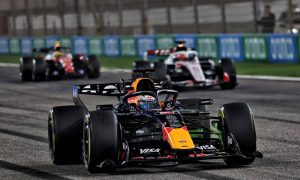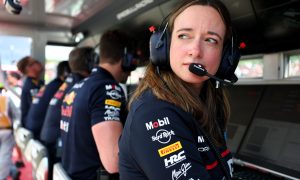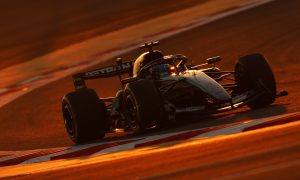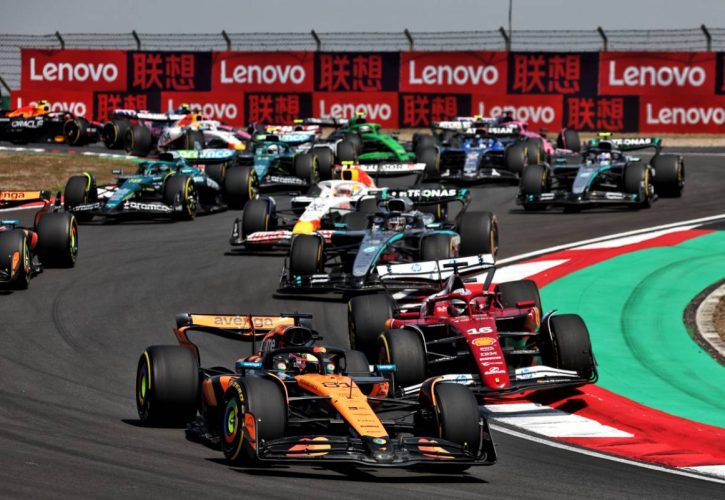
Thailand is inching closer to securing a coveted spot on the Formula 1 World Championship calendar after a memorandum of understanding (MoU) was agreed upon and signed by the Sports Authority of Thailand (SAT) and Formula One Management.
The breakthrough, reported by the Bangkok Post, follows months of contacts and discussions, including a high-profile visit from F1 CEO Stefano Domenicali to Thai Prime Minister Paetongtarn Shinawatra earlier this month.
With the Chatuchak district of Bangkok emerging as the frontrunner for the race venue, Thailand’s ambition to join the global motorsport elite is no longer a distant vision – it’s a plan in motion.
The MoU signals intent, but it’s the groundwork behind it that’s getting things going Domenicali’s recent visit laid the foundation, with the F1 boss voicing optimism after meeting Shinawatra.
“I was delighted to meet with Paetongtarn Shinawatra, the prime minister of Thailand, and her team today to discuss their impressive plans to host a race in Bangkok,” he said, quoted by Motorsport.com.
“I am looking forward to continuing our discussions in the weeks and months ahead.”
Now, with the agreement inked, Thailand is poised to expand F1’s Asian footprint, joining circuits like Singapore, Japan, and China in a region increasingly vital to the sport’s growth.
A Commitment to Community and Sustainability
Dr. Gongsak Yodmani, governor of the SAT, has also been a driving force in this effort, and his comments reveal a thoughtful approach to hosting F1.
“The important thing is that we have to understand the community and the people in the area who will be affected by the race,” he stated.
“We all agree that hosting an F1 event should benefit all concerned parties, especially people living in the area.”
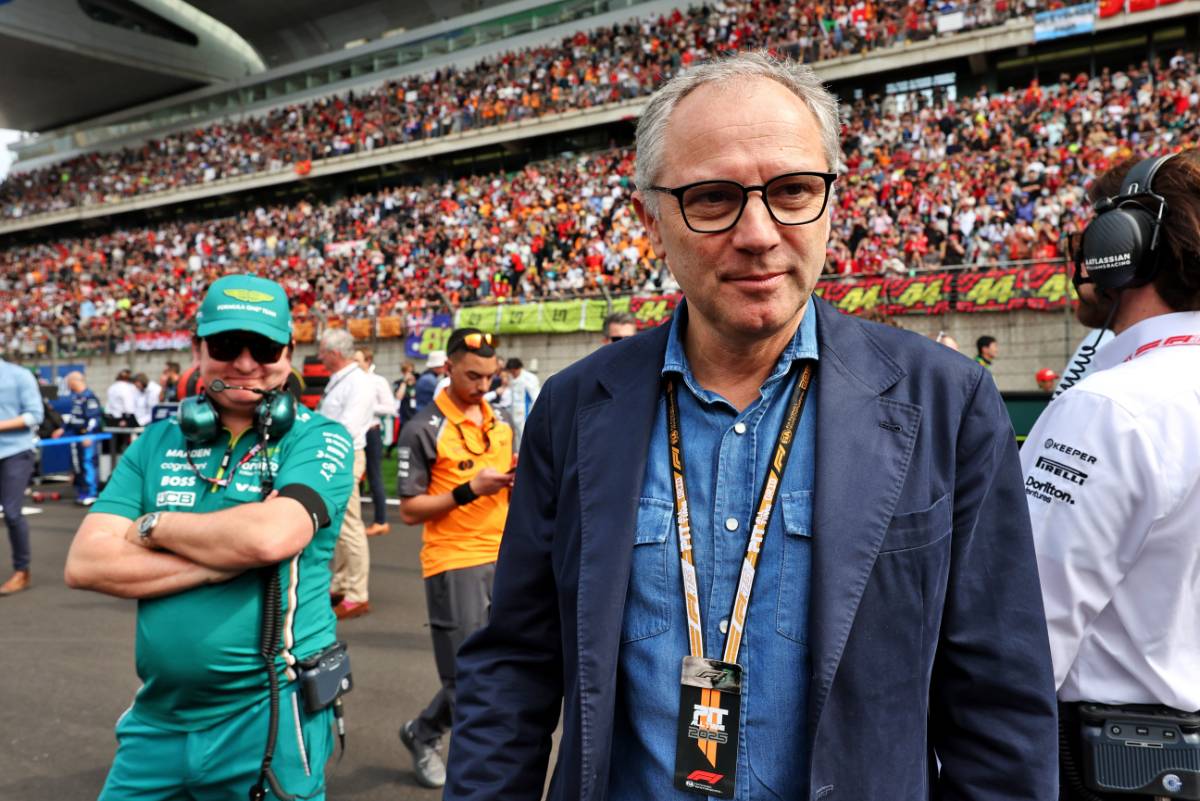
The choice of Chatuchak – a bustling, central district known for its weekend market – underscores the challenge: balancing a high-octane spectacle with the needs of residents.
“We need to let them know that we're committed to minimising the impact on environmental and noise issues and ensuring the locals are informed and compensated,” he added.
This pledge reflects a modern F1 ethos, where sustainability and community engagement are as critical as speed.
By addressing noise pollution and environmental concerns head-on, Thailand aims to set a precedent for urban grands prix, ensuring the event lifts the region rather than disrupts it.
Compensation for locals, too, hints at a model that could win over skeptics and secure grassroots support—a rarity in motorsport’s often top-down expansions.
Albon’s Homecoming Hype
For Williams charger Alex Albon, the news is more than a professional footnote – it’s a personal milestone. The Thai-British driver, whose mother hails from Thailand, has long championed his roots.
“I’m super excited to hear the news about a possible Thai Grand Prix,” Albon said after Domenicali’s talks with Shinawatra surfaced.
“It would mean the world to me for that to happen, and it would be another home race not just for me, but for Williams too. I’m very excited, it deserves to be on the race calendar.”
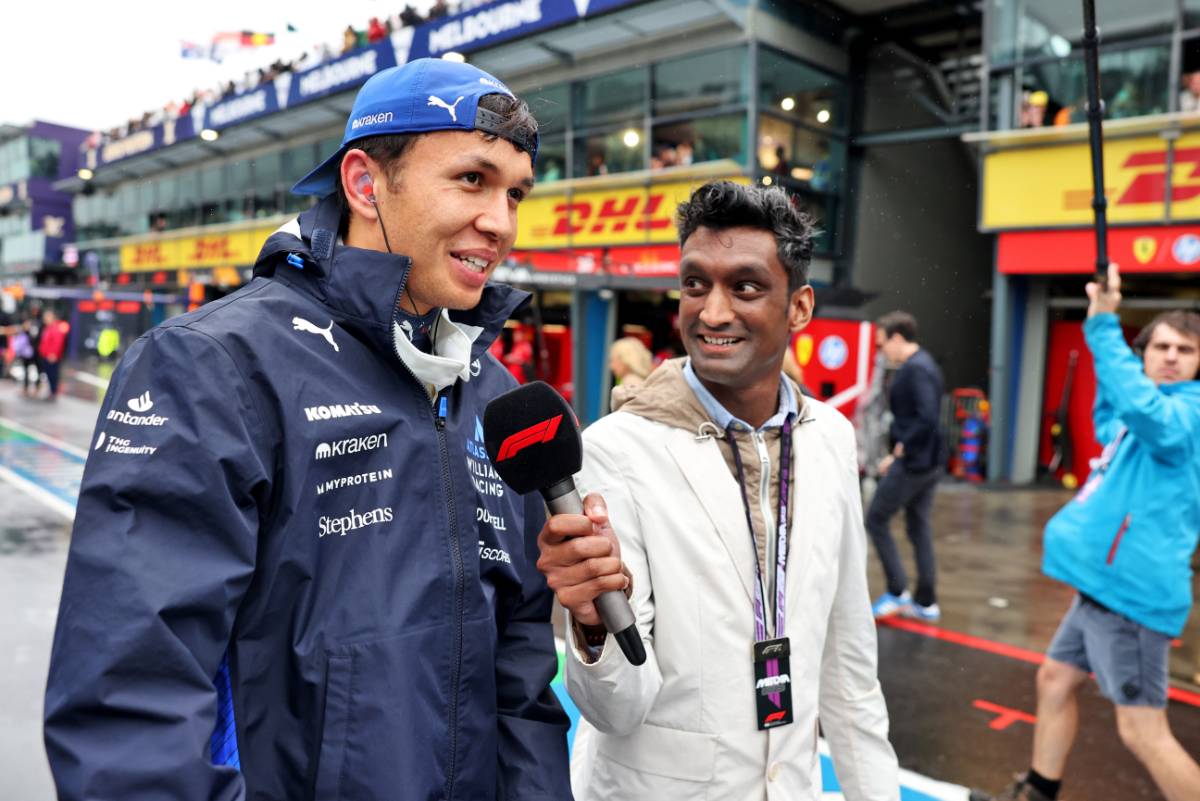
Albon paints the prospective event as a cultural showcase as much as a sporting one.
“Speaking to the other drivers in Formula 1, I know a lot of them haven’t been to Thailand before,” he noted. “I would be really excited to show them the culture of Thailand, the people, the food.
“I want to be their tour guide for the weekends! Maybe we can go to some temples as well.”
His eagerness to play ambassador underscores the race’s potential to spotlight Thailand’s rich heritage.
“I’d love to see Thai people more involved in the motorsport world, and I’d like to try to help this happen in any way that I can,” he added, hinting at a deeper role in inspiring a new generation of Thai racing fans and talent.
Read also: Formula 1 eyeing races in Thailand, South Korea and Indonesia
Keep up to date with all the F1 news via X and Facebook





